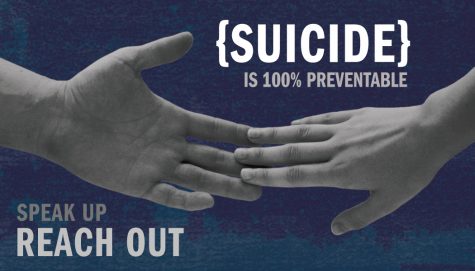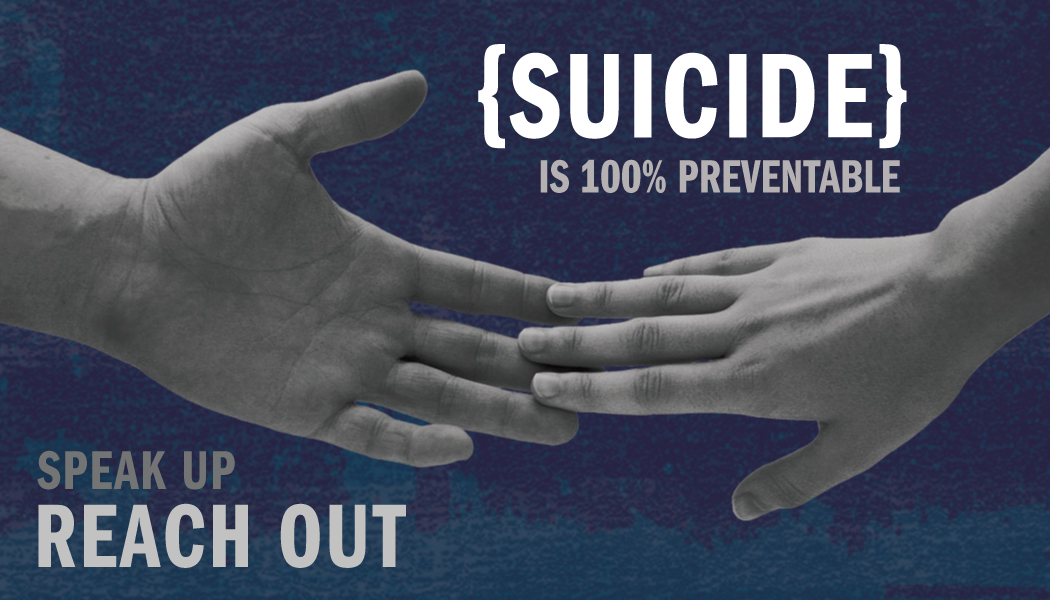Teen Suicide Prevention
POSTED May 18, 2020

Every day, we pass by so many people. Each one is different, no two are the same. They all come from different places, with different experiences, different problems, and each one has a different story to tell. You never know what a person may be going through, good or bad. Some are struggling with depression, addiction, or thoughts of suicide and just by looking at them, you would never know. Many fear rejection or are ashamed by how they feel. They don’t want to get help because the moment they reach out is the moment they have to admit they are not okay, both to themselves and to others. So instead they bottle up their emotions. They trick others into thinking they’re okay, when they are really not. In today’s society teen suicide has become a leading cause of death in young adults. People suffering from depression or thoughts of suicide can be people we know. They can be friends, brothers, sisters, or a significant other.
Every year the suicide rate gets higher and higher. Worldwide over 800,000 people commit suicide each year which is about 1 person every 40 seconds. In ages 10-24 suicide is the second leading cause of death in America. Everyday around 123 Americans die by suicide and over 44,965 Americans every year. In grades 9-12 alone there are over 3,069 attempts. The statistics show that while women are 3x more likely to attempt suicide, men are 4x more likely to succeed. Often times when a person plans on committing suicide there are warning signs. Around 70% of people who commit suicide give some sort of clue about their intention to end their lives.
If you think one of your friends is feeling suicidal you should start by asking some direct questions such as: What’s been happening in your life? Are you thinking about hurting yourself? Are you thinking about suicide? Be direct while still remembering to be sensitive. Look for warning signs. Warning signs can include things like: making statements such as I wish I were dead or I wish I hadn’t been born, withdrawing from social contact and wanting to be left alone, having extreme mood swings, feeling trapped or hopeless about a situation, increasing use of alcohol or drugs or even giving away belongings. If you notice things like this in a friend or family member talk to them. Help them realize that you are there to support them and you want what’s best for them. Refer them to a counselor or even the help line. If the situation is bad enough you can even call 9-1-1. Many suicides can be prevented if the proper help has been offered. If you are or know someone who is feeling suicidal tell a counselor or a trusted adult. The National Suicide Prevention Lifeline can be reached at 1-800-273-8255 and is open 24 hours a day, seven days a week.
